The Empiricists: A Guide for the Perplexed
1. Introduction i. What is Empiricism? ii. Intellectual Background to Early Modern Empiricism iii. The Aims of this Book 2. Francis Bacon (1561-1626) i. The Idols of the Mind ii. Knowledge and Experience: Induction Introduced 3. Thomas Hobbes (1588-1679) i. The Natural Realm: Hobbes's Mechanism ii. Knowledge and Experience: Definitions and the Euclidean Method 4. Pierre Gassendi (1592-1655) i. The Natural Realm: Gassendi's Atomism ii. Knowledge and Experience: The Constructive Skeptic 5. Robert Boyle (1627-1691) i. The Natural Realm: Boyle's Corpuscularianism ii. Knowledge and Experience: The Cautious Experimenter 6. John Locke (1632-1704) i. The Natural Realm: Locke's Mechanism ii. Knowledge and Experience: Locke's Epistemology iii. Substance and Personal Identity 7. Isaac Newton (1642-1727) i. The Natural Realm: The Principia ii. Knowledge and Experience: The Rules of Reasoning in Philosophy 8. George Berkeley (1685-1753) i. The Natural Realm: Berkeley's Idealism ii. Knowledge and Method: Berkeley's Common Sense Epistemology iii. Substance, Personal Identity and Abstraction 9. David Hume (1711-1776) i. The Natural Realm: Humean Skepticism I ii. Knowledge and Method: Humean Skepticism II iii.Substance, Personal Identity and Natural Theology 10. Conclusion.
{{comment.content}}
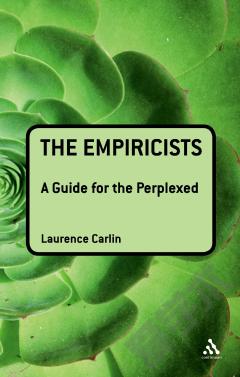
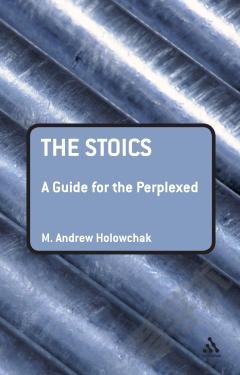
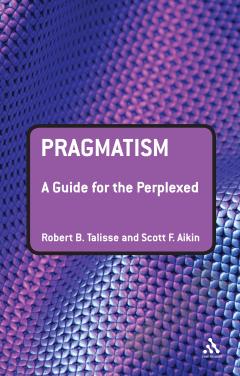
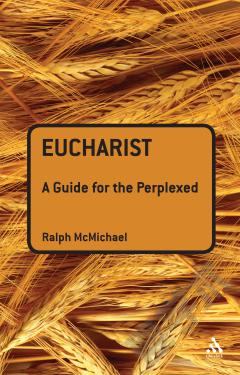


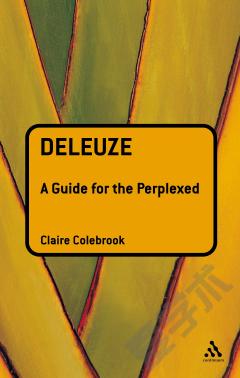

 京公网安备 11010802027623号
京公网安备 11010802027623号